





















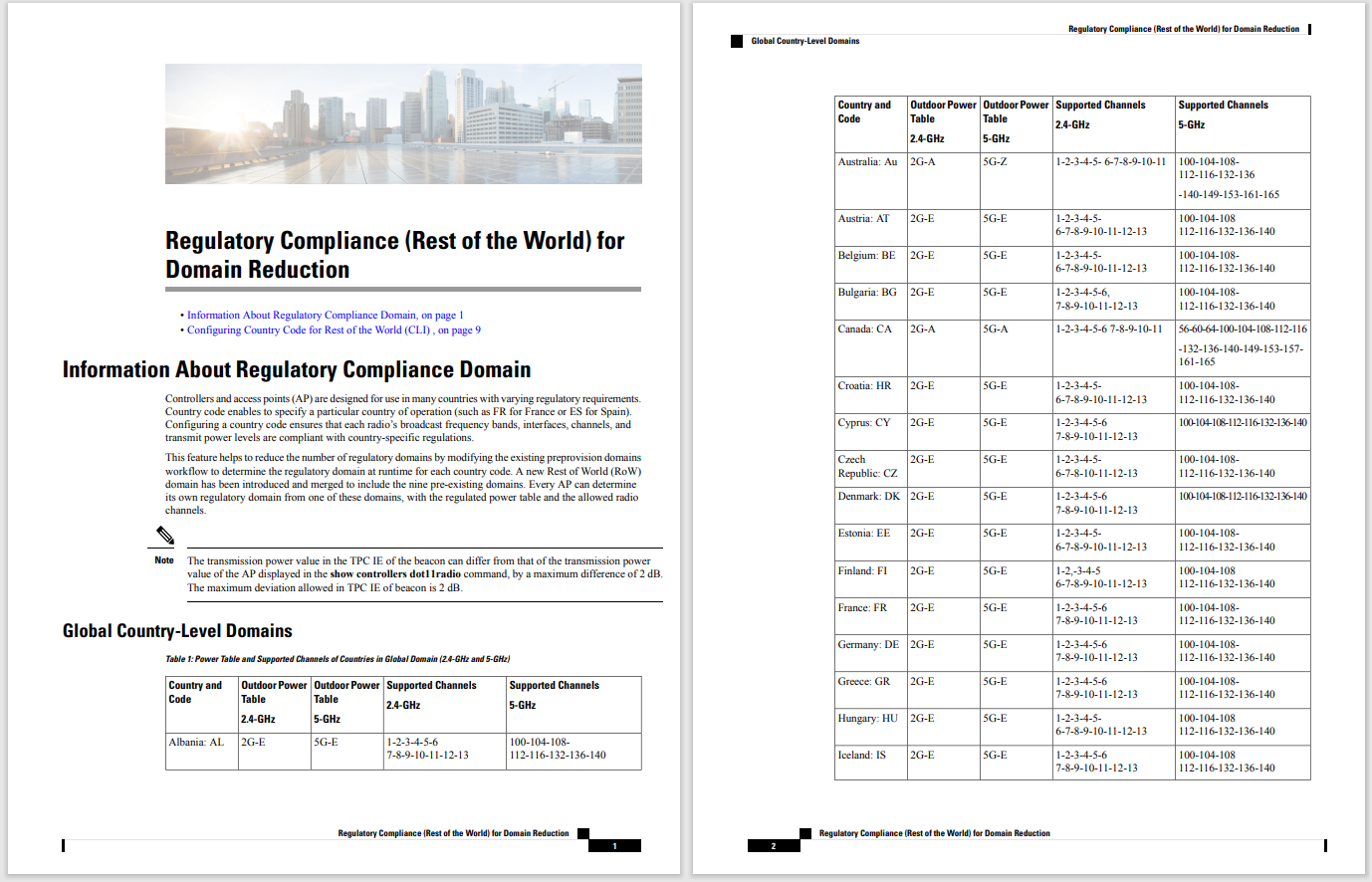
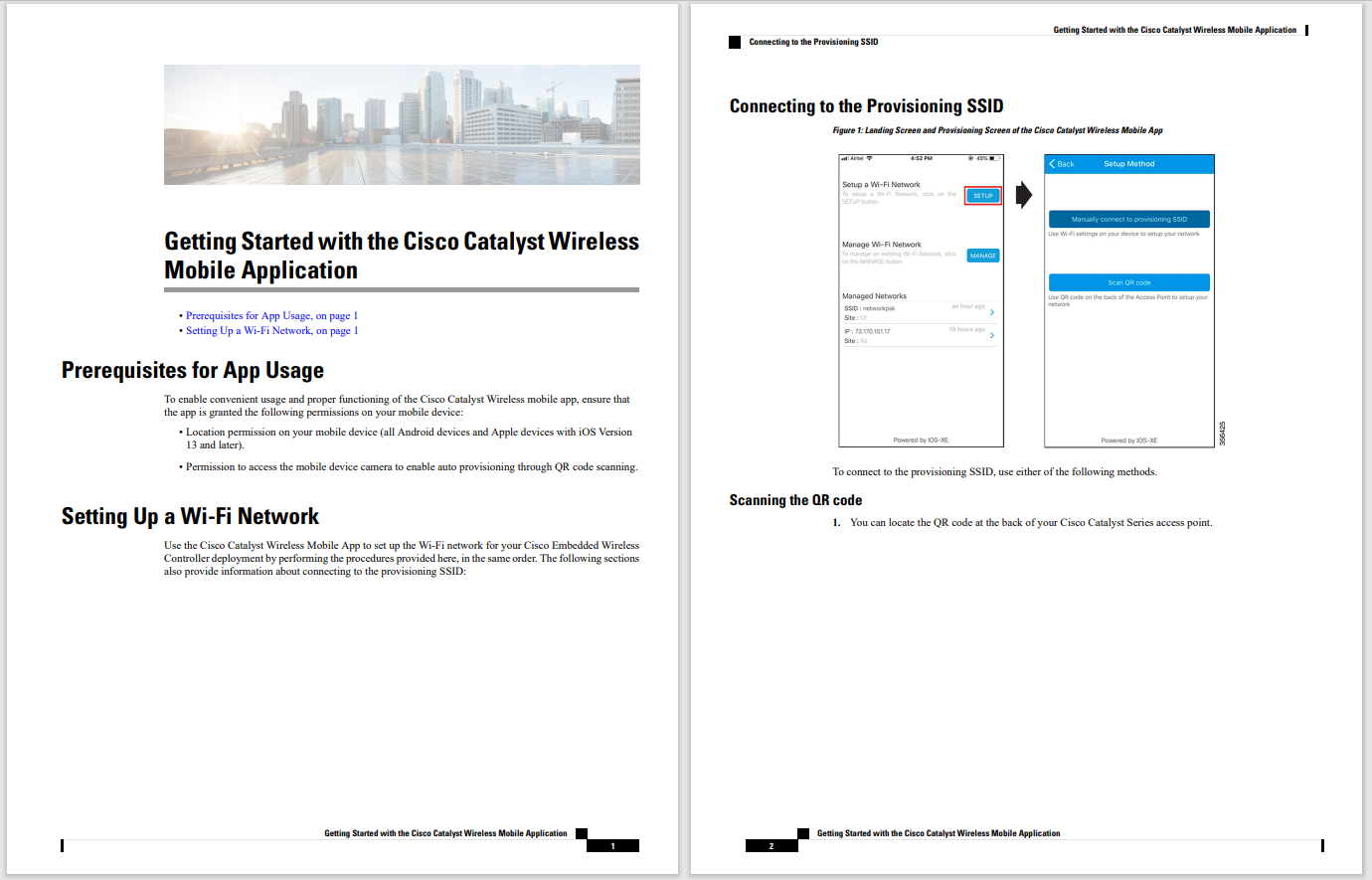

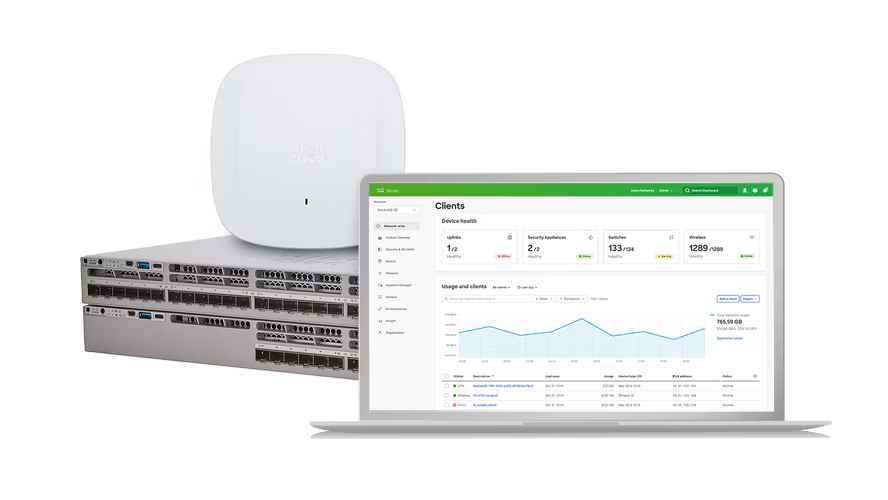
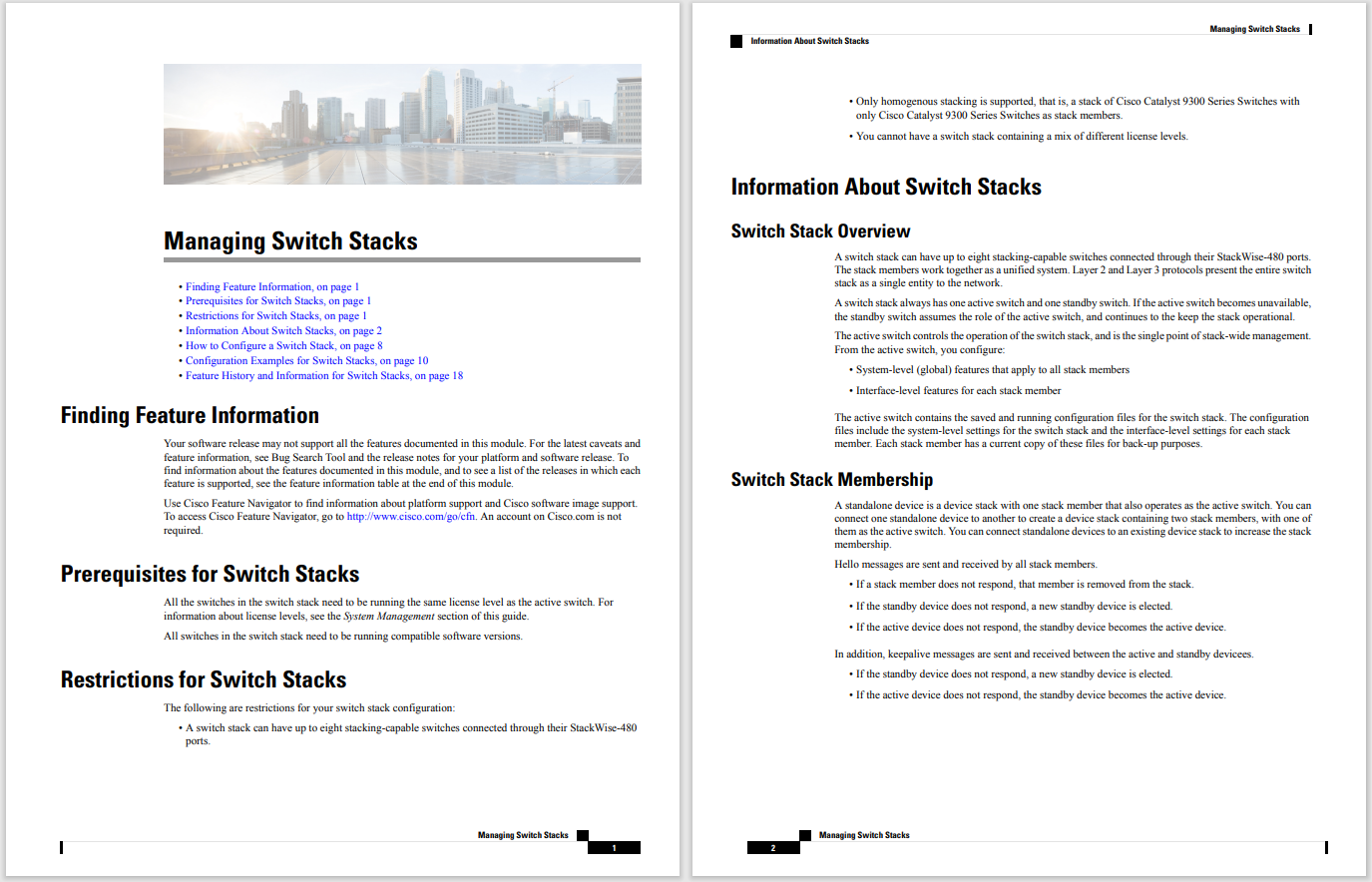





Consumers are spending more than ever on subscription services, according to a new report from West Monroe.
West Monroe polled 2,500 consumers about how much they spend each month on a variety of subscription services, finding that people are spending 15% more than they did in 2018. The types of subscriptions have also expanded as more companies create digital platforms and offerings to lure in consistent customers.
The average consumer surveyed said they spend$273 per month on subscription services, up from$237 in 2018. This extra 15% equals an additional$430 spent each year.
The researchers behind the study were also very interested in people's perception of how much they spend each month on subscriptions, finding that most people underestimate how much they dole out monthly before sitting down to calculate it.
All of the respondents to the survey were unaware of how much they actually spent on subscription services off the top of their heads and most needed more than two tries to get close.
In 2021, 89% underestimated what they spend each month, and in 2018, 84% underestimated what they spent each month. Nearly half of those who underestimated were off by between$100-$300.
About 70% of respondents subscribed to mobile phone services and a home WiFi service as well as TV and movie providers. Half of all respondents had Amazon Prime accounts.
The rest of the list varied widely, with respondents reporting a hodgepodge of subscriptions ranging from music streaming sites, gaming services, cloud storage sites, home security systems, newspapers, fitness apps, dating apps and meal services.
There was also an increase in the number of people using subscription boxes, which now cover a range of industries like beauty, pets, toys and wellness. Services like Ipsy and Dollar Shave Club were referenced by respondents.
Other subscriptions named included book services like Kindle and Audible as well as cloud storage tools like Dropbox, iCloud and OneDrive.
Tinder, Match, eHarmony and other dating sites featured prominently alongside fitness apps like MyFitnessPal, Lose It! and Fitbit.
Respondents also had a number of newspaper or magazine subscriptions as well as gaming services like PlayStation Now and Xbox Game Pass.
ADT, Nest and Ring dominated the home security system subscriptions while identity protection services like LifeLock and Identity Guard were popular as well.
Verizon, Sprint and Boost Mobile were the most popular mobile phone services and streaming sites like Spotify, Pandora and XM Radio led the way.
Netflix, Hulu, cable services and premium packages were cited as well, alongside WiFi services like Comcast, AT&T and CenturyLink.
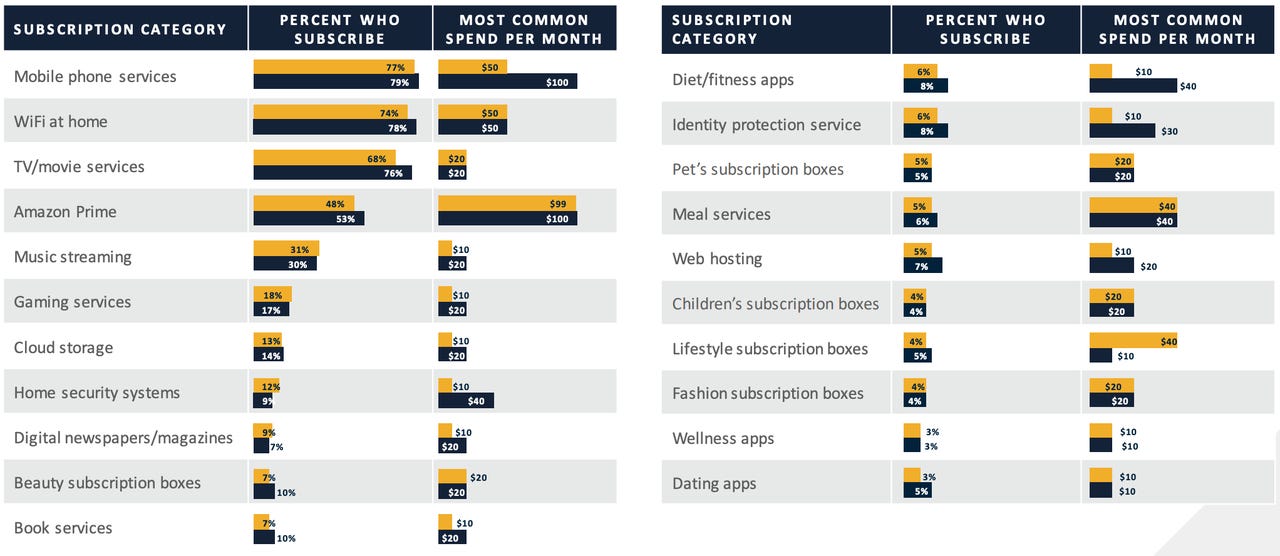 West Monroe
West Monroe Dhaval Moogimane, a partner at West Monroe, said it was not surprising to see that subscription spend grew over the past three years.
"It is reflective of the growth of products and services available to us as subscriptions, and the buying behavior that has changed, driven by COVID. What was most surprising to see was the perception gap between how much respondents thought they spent on subscriptions per month versus what they actually spent," Moogimane said.
"The percentage of respondents who were off by more than$200 grew to 66%, from 24% in 2018. This increase in perception gap is indicative of how some of the subscriptions are now viewed as utilities, particularly cell phones, Wi-Fi, ID protection services, cloud storage services, and more."
Moogimane added that to capture estimates, they asked respondents to think generally about "recurring monthly expenses associated with digital services, devices, and subscription boxes" -- including prompts of specific examples and service categories.
Respondents were given 10 seconds to guess how much they spend each month. After recording this initial answer, they immediately asked participants to repeat the exercise with 30 seconds to think about the question more carefully.
"This is how we calculated what their initial perceptions were for their monthly subscriptions. Then we took them through their subscriptions one by one and tallied up their spend per each individual subscription to determine their actual total spend," Moogimane said.
"The idea is that consumers may think they know what they are spending each month, but when they are asked what they actually pay for each subscription service and the total is added up, it reflects a different story."
 Tags chauds:
affaires
Commerce électronique
Tags chauds:
affaires
Commerce électronique